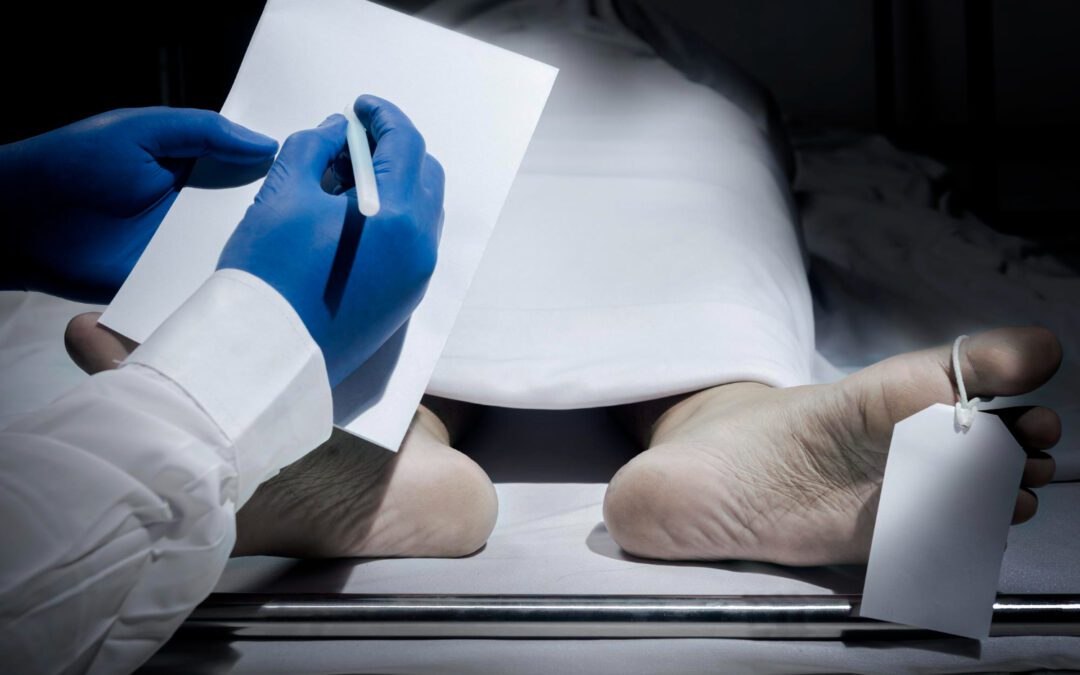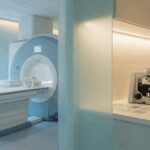Losing a loved one is always a challenging experience, and it becomes even more difficult when there are lingering questions about the cause of death. In some cases, the initial autopsy results may leave family members with doubts or concerns. This is where a second opinion re-autopsy can be invaluable. By seeking a second look at the findings, families can gain peace of mind and clarity about their loved one’s passing.
A second opinion re-autopsy can uncover new information that was missed or misinterpreted during the first examination. This is especially important if the circumstances surrounding the death are complex or if there is a potential for legal proceedings. Having a thorough and accurate understanding of the cause of death can make a significant difference in how families cope with their loss and move forward.
Considering a second opinion re-autopsy is a serious decision that requires careful thought and consideration. It’s essential to understand the situations where it might be necessary and the process involved. This article aims to provide insight into when a second opinion re-autopsy should be considered and guide you through the steps to ensure you receive the most comprehensive and accurate findings.
Understanding the Need for a Second Opinion Re-Autopsy
Understanding why a second opinion re-autopsy might be necessary is essential. Sometimes, the initial autopsy may lack crucial details, and a second review can provide a more thorough understanding. Factors such as limited resources, time constraints, human error, or overlooked evidence can affect the first autopsy’s accuracy. By seeking a second opinion, families can ensure that no stone is left unturned in understanding the true cause of death.
Moreover, a second opinion is often sought when the initial autopsy report conflicts with known medical history or observed symptoms before death. For example, if a loved one had no signs of specific health issues but the initial autopsy attributes the death to those very conditions, a second opinion becomes critical. It serves as an extra layer of verification, providing a comprehensive reassessment of all available evidence and medical records to confirm or revise the original findings.
Common Situations Where a Second Opinion Is Beneficial
Several situations might necessitate a second opinion re-autopsy. One common scenario is when families suspect foul play or negligence that was not adequately explored in the initial autopsy. If there are indications of potential criminal activity or medical malpractice, a second opinion can uncover evidence that supports these suspicions. This is crucial for legal proceedings, as newly discovered information can change the outcome of a case.
Another scenario involves inconclusive or disputed initial autopsy results. If the cause of death is listed as “undetermined” or if different parties, such as family members and medical professionals, have conflicting views on the cause of death, a second opinion can provide clarity. Additionally, a second opinion is often sought for peace of mind. When grieving families are left with unanswered questions, a thorough re-examination can provide the closure they need to move forward.
In other instances, insurance or legal requirements may demand a second opinion re-autopsy to validate claims or to satisfy documentation needs. Understanding each of these situations helps families and legal representatives make informed decisions about whether a second opinion re-autopsy is warranted.
The Process of Conducting a Second Opinion Re-Autopsy
The process of conducting a second opinion re-autopsy begins with a comprehensive review of all available documentation. This includes the initial autopsy report, medical records, death certificates, and any relevant legal documents. Collecting this information ensures that the second autopsy is thorough and considers all previously gathered evidence. Communication with the family is crucial during this stage to understand their concerns and specific questions they hope to address.
Next, the physical review of the remains is performed. A qualified forensic pathologist will meticulously examine the body, often using advanced techniques and technologies that might not have been available during the initial autopsy. This re-examination can help identify previously overlooked injuries, signs of disease, or other critical findings. The forensic pathologist may also conduct additional tests, such as toxicology reports, to gather more detailed information.
After completing the re-autopsy, a detailed report is prepared, outlining all findings and comparing them with the initial autopsy results. This report can provide new evidence, confirm existing conclusions, or highlight discrepancies. Families receive a comprehensive and understandable summary of the findings, which can bring clarity and answer pressing questions.
Choosing the Right Professionals for a Second Opinion Re-Autopsy
Choosing the right professionals for a second opinion re-autopsy is vital for ensuring accurate and reliable results. Begin by looking for forensic pathologists with extensive experience and a strong track record in conducting autopsies. Their expertise is crucial in identifying subtle details that others might miss. It’s also beneficial to select professionals who are board-certified and affiliated with reputable medical institutions.
Another important factor is the availability of advanced technologies and techniques. Ensure that the selected professionals have access to state-of-the-art equipment and methodologies that can provide more precise results. This includes imaging technologies, comprehensive toxicology testing, and specialized pathological assessments.
Communication skills are also paramount. The professionals should be able to explain complex medical findings in a way that is understandable for family members. They should be empathetic and patient, addressing all concerns thoroughly and respectfully. Finally, consider referrals or testimonials from others who have utilized their services. A proven history of providing accurate, detailed, and compassionate services can give families the confidence needed to proceed with the second opinion re-autopsy.
Conclusion
Deciding to seek a second opinion re-autopsy requires thoughtful consideration, but it can be invaluable in providing the clarity and answers families need during a difficult time. From understanding the initial need to knowing when and how to proceed, each step in the process is integral to ensuring a thorough and respectful examination. Choosing the right professionals further ensures that the re-autopsy is conducted with the highest standards, incorporating advanced technology and expert knowledge to uncover the most accurate findings.
At 1-800-Autopsy, we specialize in offering second opinion re-autopsy services that are thorough, respectful, and insightful. Our experienced team of forensic pathologists is dedicated to providing detailed examinations and clear, compassionate communication. If you believe a second opinion re-autopsy is necessary for your loved one’s case, contact us today to learn how we can assist you in finding the answers you need.








